Osnovna škola Ivana Zajca Rijeka


| « Studeni 2023 » | ||||||
| Po | Ut | Sr | Če | Pe | Su | Ne |
| 30 | 31 | 1 | 2 | 3 | 4 | 5 |
| 6 | 7 | 8 | 9 | 10 | 11 | 12 |
| 13 | 14 | 15 | 16 | 17 | 18 | 19 |
| 20 | 21 | 22 | 23 | 24 | 25 | 26 |
| 27 | 28 | 29 | 30 | 1 | 2 | 3 |
| 4 | 5 | 6 | 7 | 8 | 9 | 10 |
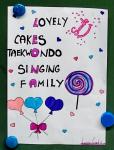
As part of their English lesson, The Way We Are, students from class 5a explored their creativity through writing short acrostic poems. Each student presented themselves using words that have the letters of their names, creating colorful and imaginative posters.
This activity was not only a fun way for students to introduce themselves but also an excellent opportunity to practice vocabulary. Short creative writing tasks like acrostic poems help students express their individuality while building confidence in using the English language.
The students’ acrostic poems reflect their personalities, interests, and creativity. Their vibrant posters are now proudly displayed in the classroom, showcasing their hard work and originality.
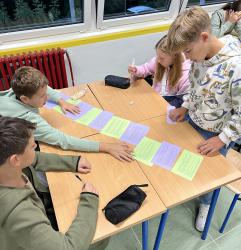
As part of our tradition, we marked the European Day of Languages on 26 September with a special lesson in our English classroom. This day is celebrated across the European Union to promote linguistic diversity and the importance of learning new languages, and our school proudly participates every year.
This year, teachers Maja Hasija Tadić, our Croatian language teacher, and Bojana Palijan, our English teacher, teamed up for an inspiring collaborative lesson with class 6a. The students worked in groups on engaging activities centered around Oscar Wilde’s timeless short story, The Happy Prince.
The lesson included reading comprehension tasks, thoughtful discussions about the story’s themes of compassion, helping others, and charity work, as well as creative follow-up writing activities. These tasks encouraged students to reflect on the importance of kindness and giving back to their community, connecting the story’s moral to real-life actions. Some of their follow-up writings are featured below, and we encourage you to take a look at their thoughtful work.
By celebrating the European Day of Languages, we aim to foster not only language skills but also empathy and cultural awareness among our students. This collaborative lesson was a perfect example of how literature and language learning can come together to inspire young minds. We look forward to continuing this wonderful tradition next year!
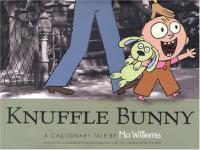
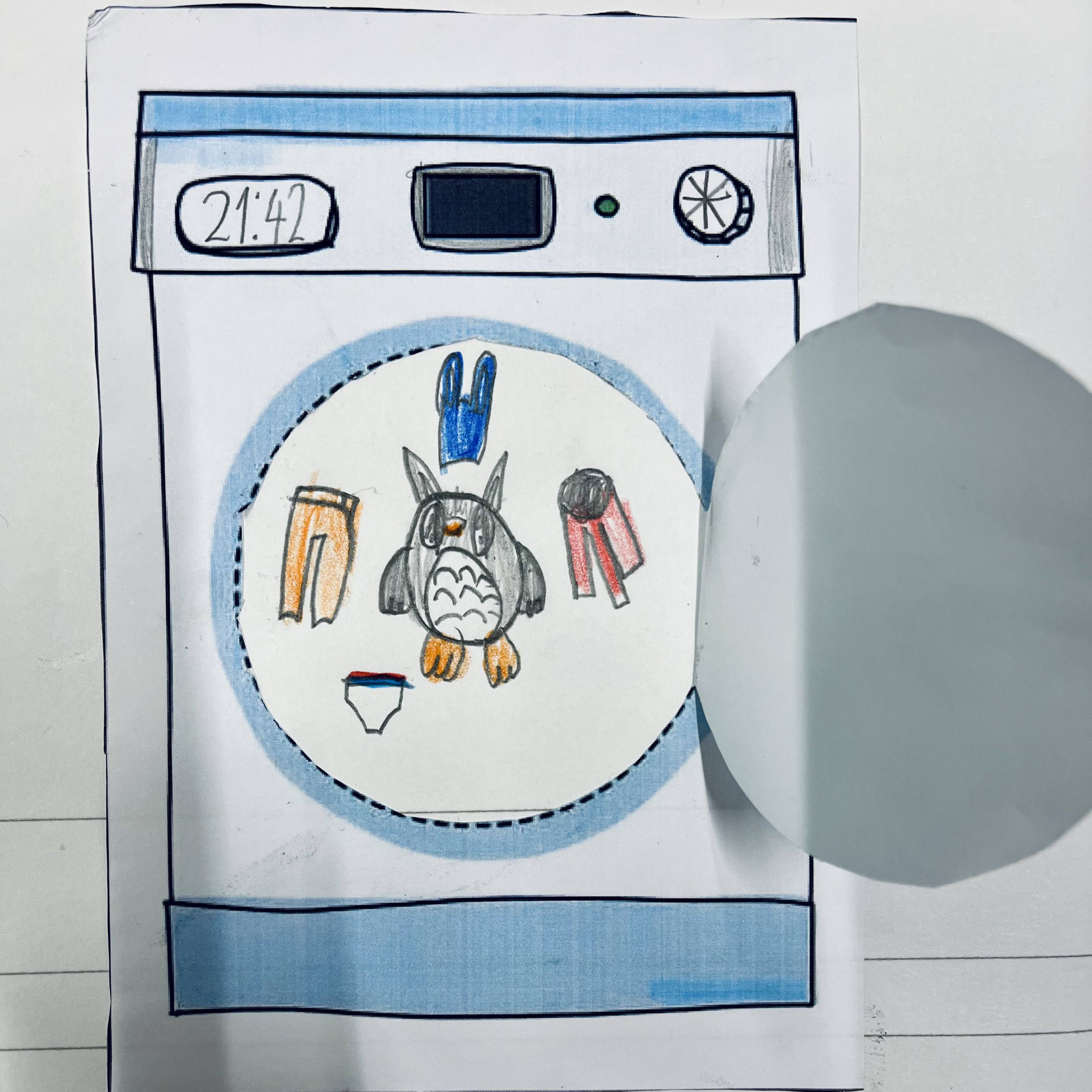
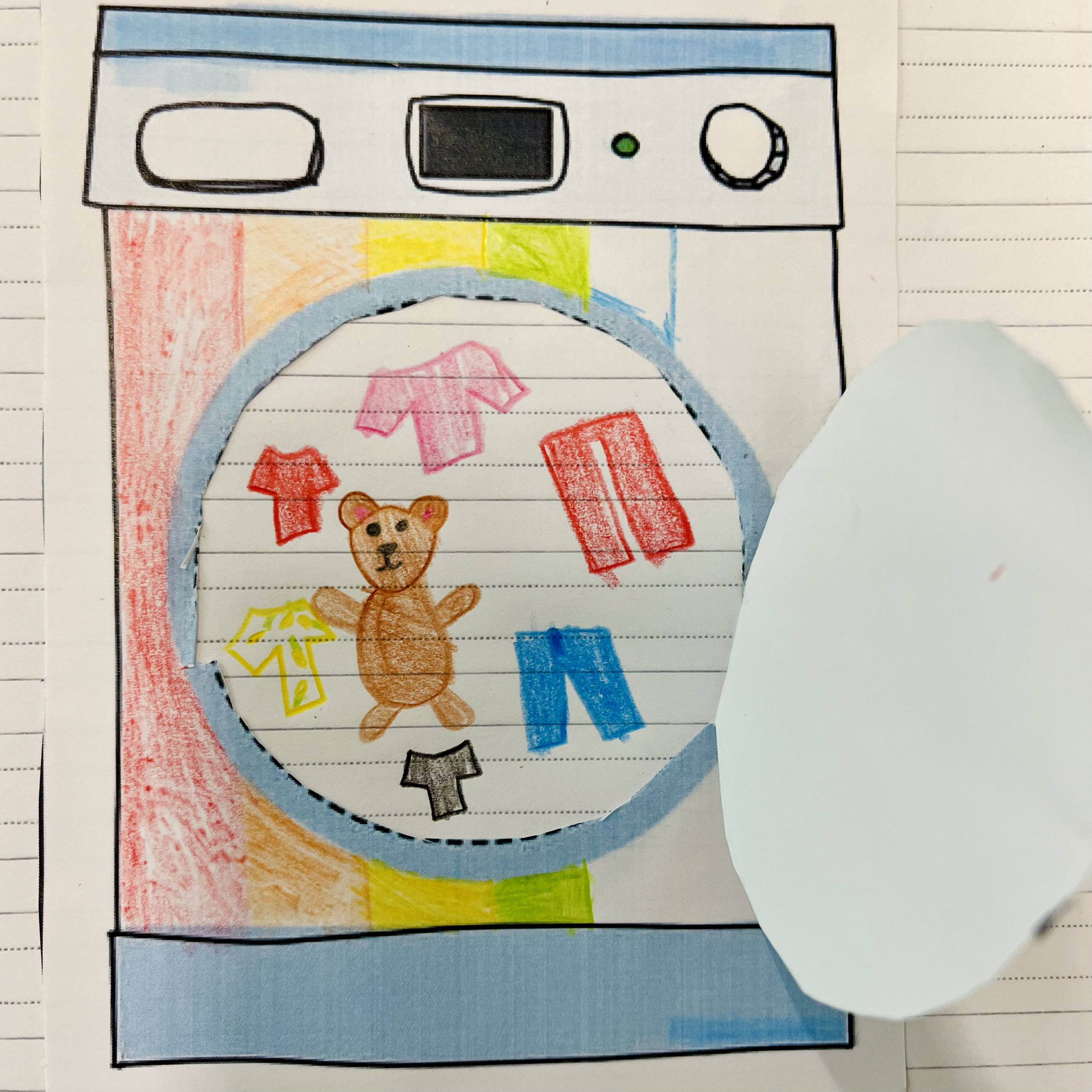
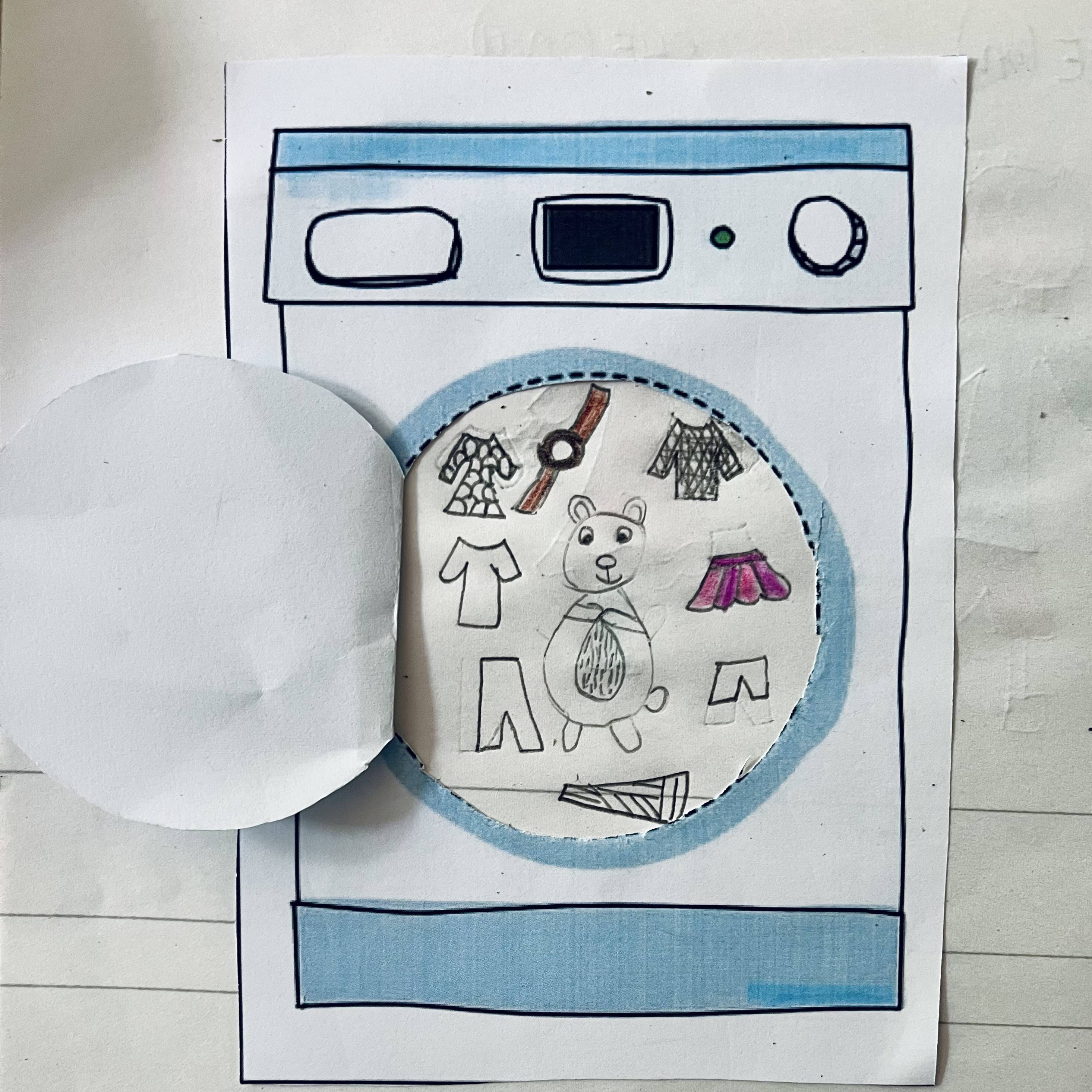
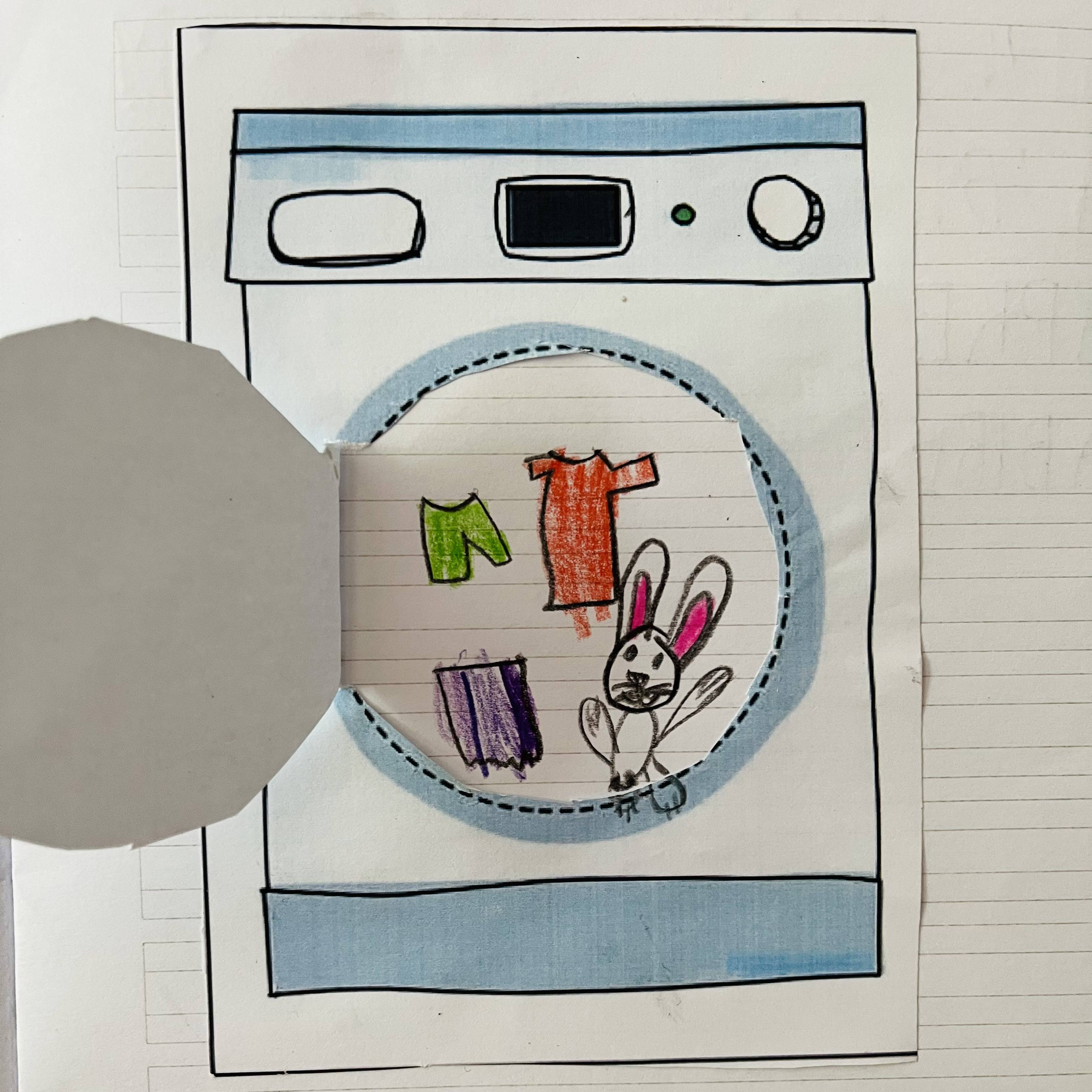

Emi Galich, our 6th grade student, participated in the regional level of the international English language competition named Hippo Language Olympiad. The competition gathers over 80 thousand students from 64 countries worldwide. At the regional competition, 900 students competed across different categories, from Baby Hippo (1st grade) to Hippo 5 (high school seniors). Emi achieved an excellent result: she finished in the 9th place in the Hippo 2 category (6th grade).
The regional finals for this part of Europe took place from May 21 to 23 in Lido di Jesolo, near Venice, where Emi travelled accompanied by her English teacher mentor, Bojana Palijan. They spent three days socializing with peers and colleagues from various countries, and also found time to visit magical Venice. Besides Lido di Jesolo, regional competitions were simultaneously held this year in Kuala Lumpur, Istanbul, and Hong Kong.
The first level of the competition (March 15) included all registered elementary school students in Croatia, and the top ten percent proceeded to the national finals held on April 19. Following the national finals, where five students from our school qualified, only Emi advanced to the regional finals. The competition in Lido di Jesolo included a test in English language covering grammar and vocabulary at A2 level, which, judging by the results, was 'a piece of cake' for Emi. Good job!
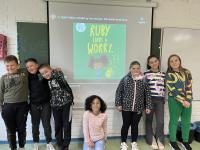
Croatian Book Night is an event launched in 2012 to celebrate the joy of reading books, if only for one day. The project aims to promote reading and foster a culture of reading. Throughout the week, from April 22nd to April 26th, we dedicated ourselves to books: we read them, discussed them, organized workshops, and storytelling sessions.
Students from grade 4b, with their English teacher Bojana Palijan, participated in a workshop about emotions, worries and ways of dealing with them. They read and discussed a book called "Ruby Finds a Worry" by Tom Percival. Planned pre-reading activities aimed at building interest and preparing students for themes found in the book:
- identifying emotions and discussing different emotions students have experienced
- connecting feelings with the concept of worries
- discussing what worries children
- creating a list of their worries on the board
- predicting the story based on the title and illustrations
Activities after reading included:
- discussion about the picture book (characters, theme, problem, conclusion)
- drawing students’ versions of "worry" and explaining why they chose those specific features
- role-playing: acting out scenarios where characters help each other with their worries and give advice
- writing a letter to Ruby sharing their thoughts on the book, what they have learned, and how they could apply those lessons in their own lives
- performing simple breathing exercises to help students manage stress and worries together and discuss how they feel.
A student’s feedback: "We read the picture book in English, which I really liked. We talked about the picture book and talked about everything that bothers us even though we are 9 years old."
We are thrilled to announce that five of our students have excelled in the preliminary round of the Hippo English Without Borders competition and have secured their spots in the national finals/world semifinals!
A heartfelt congratulations to:
We extend our sincere congratulations to all other participants as well, as they have also achieved outstanding results.
The final round will be held on April 19th and will be conducted online. We wish our candidates the best of luck as they prepare for this challenging stage of the competition.
On 21 March, Year 1 students celebrated the Day of Gifted Students with their English teacher Bojana Palijan in a lesson that integrated language learning with mathematical challenges.
Students watched a video read aloud of "The Monster Counting Book 1 to 20" by Frances Mackay. Filled with colorful illustrations and interesting riddles, this picturebook combines language acquisition with numerical comprehension. Students were given playful riddles to solve, which helped them master counting from 1 to 20.
For our Year 1 students, many of whom are still in the process of grasping English as a foreign language, this presented a delightful yet challenging opportunity. They approached the tasks with enthusiasm and determination. As students eagerly collaborated and exchanged ideas, it became evident that the lesson was not just about solving riddles or mastering numbers; it was about fostering a sense of achievement in our students.
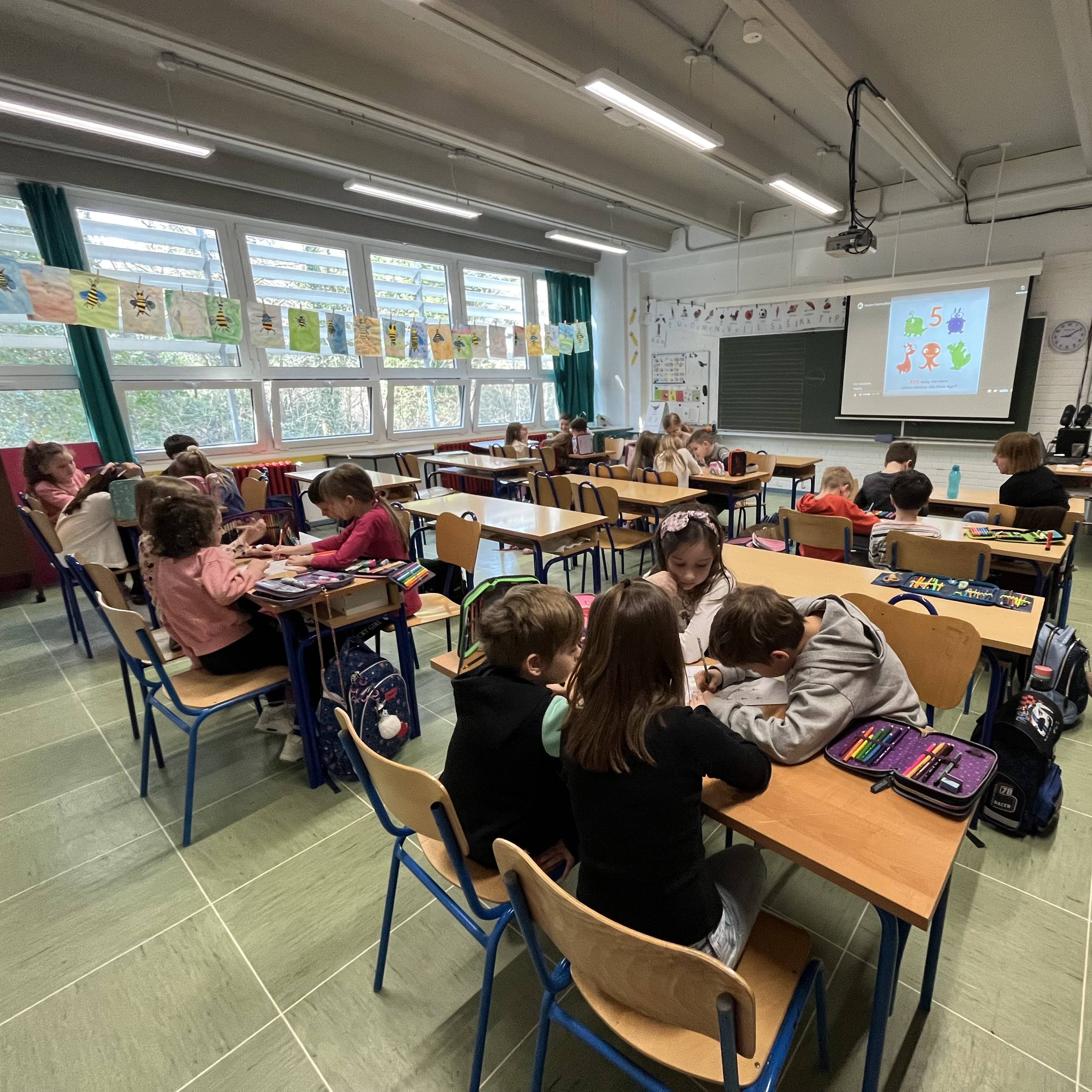 1a
1a
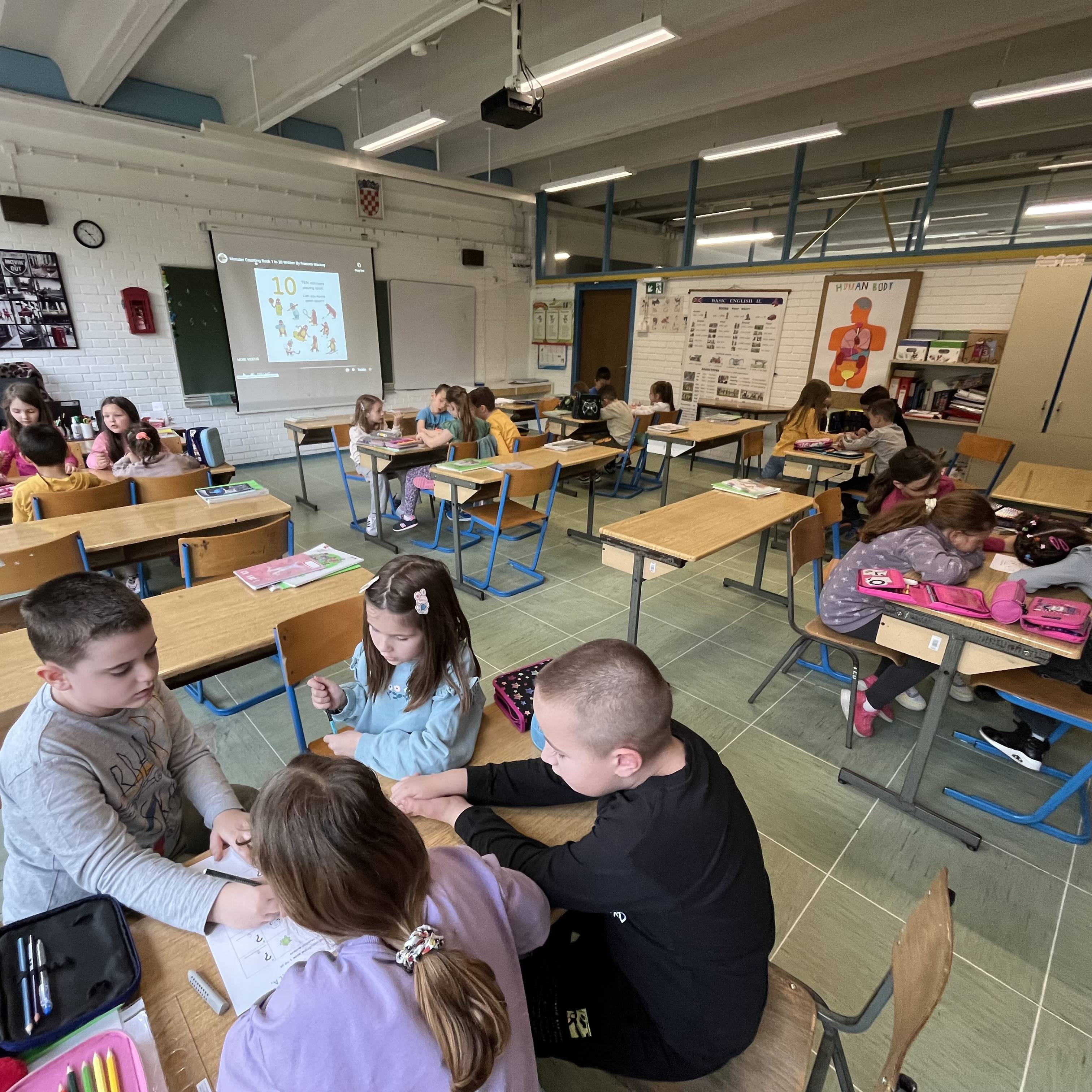 1b
1b
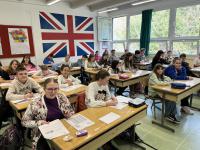
We are thrilled to announce the successful completion of the preliminary round of the Hippo International English Language Olympiad, which took place at our school on March 15th. This exciting event saw enthusiastic participation from students across different grade levels, demonstrating their linguistic skills and passion for English language.
A total of 17 students from grades 4 and 5 participated in category Hippo 1. In category Hippo 2, which catered to 6th-grade students, we had 13 students showcasing their language abilities. Additionally, 13 students from grades 7 and 8 took part in category Hippo 3.
The coordination and smooth execution of the event were made possible thanks to the diligent efforts of our coordinator teacher, Bojana Palijan and invigilator teacher, Danijela Tatalović.
As we wrap up the preliminary round, we eagerly wait for the results and look forward to the next phase of the competition. With such talented participants, we are optimistic about our chances in the semi-final round.
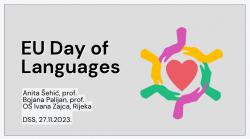
For the second year in a row, Education and Teacher Training Agency organized an online conference on September 26 to mark the European Day of Languages. As part of this event, titled "European Day of Languages: From Early Learning to Multilingualism”, a showcase of good teaching practices and innovative teaching methods took place on November 27, 2023. Our teachers, Anita Šehić and Bojana Palijan, participated in this online event and presented a collaborative teaching project they had conducted in the sixth grade in September.
Italian language teacher Danijela Tatalović and religious education teacher Dinka Bajčić Pavletić also participated in this school project which was based on the interpretation of Oscar Wilde's work "The Happy Prince". The aim of the project was to achieve outcomes from subject curricula related to understanding the importance of reading, interpreting literary works, using creative expression techniques, employing critical thinking skills, and proposing solidarity actions in school and the local community.
Through collaborative teaching, teachers Anita and Bojana raised awareness about the importance of knowing both native and foreign languages, as well as the significance of reading and performing good deeds. In the spirit of the entire project, which emphasized kindness, empathy, tolerance, and solidarity, our teachers concluded their presentation with a clear message for all the participants: "Kindness is a universal language that everyone can understand."

Dear students and parents,
na sljedećem linku pronaći ćete zbirku zadataka za samostalni dodatni rad tijekom školske 2023./2024. godine s radnim listićima i poveznicama na interaktivne sadržaje i digitalne igre koje sam izradila i namijenila za dodatno uvježbavanje sadržaja tijekom 1. razreda. Sadržaji s nastave prošireni su dodatnim zadatcima za vježbu i praćenje vlastitog napretka (samovrednovanje). Tijekom školske godine sadržaj će se nadopunjavati.
Učimo engleski kroz igru!
Have fun!
Teacher Bojana
Otvoreni obrazovni sadržaj_1.r..docx

European Day of Languages is celebrated every year on 26 September. The aim of it is to raise awareness of the wide variety of languages in Europe. This school year we decided to celebrate it by promoting a healthy reading culture and motivating our students' reading habits.
Teachers Anita Šehić and Bojana Palijan worked together to develop a project that was conducted with Year 6 students and which included collaboration between the following school subjects: Croatian, English, Italian, R.E. and Form class. The project revolved around reading and discussing The Happy Prince, a short story written by Oscar Wilde, an Irish poet and playwright, and a lot of follow-up activities. Students started by reading the story in both languages, paragraph after paragraph, changing the language from Croatian to English and vice versa. By doing that, they noticed that literal word-by-word translation would render an unintelligible interpretation and that languages often differ in word order. Also, single words do not always have an exact translation equivalent, which brought students to conclude that we cannon translate each word separately. After reading the story, students were divided into two groups in which they discussed the plot, the symbols and the moral of the story. One group had the reading comprehension questions in their native language, the other one in English. Thus, learners who are usually reluctant to speak English were allowed to equally participate in the classroom discussion by using their mother tongue. The lesson was interactive and engaging, and both the teachers and the students loved the format of the co-taught lesson. It was a great opportunity to engage in a different type of teaching and learning.
Other follow-up activities included writing a letter of appreciation to someone who makes you happy, writing an acrostic poem using the 'theme words' from the story, such as kindness, generosity and compassion, and creating classroom posters with random acts of kindness in all the languages our students speak. Teachers Dinka Bajčić Pavletić (Religious Education) and Danijela Tatalović (Italian language) cooperated on the project as well. In their Religious Education class, students talked about charity work and ways of helping people in need, which is a recurring theme in the Oscar Wilde's story. In their Italian class, they translated the random acts of kindness they came up with into Italian.
The project aimed at developing not only students' reading comprehension skills, but also their critical and creative thinking skills, with a strong emphasis on cooperation, solidarity and inclusion.
You can find the materials we used below, along with the classroom posters and some of the students' writings in English.

 6.b
6.b
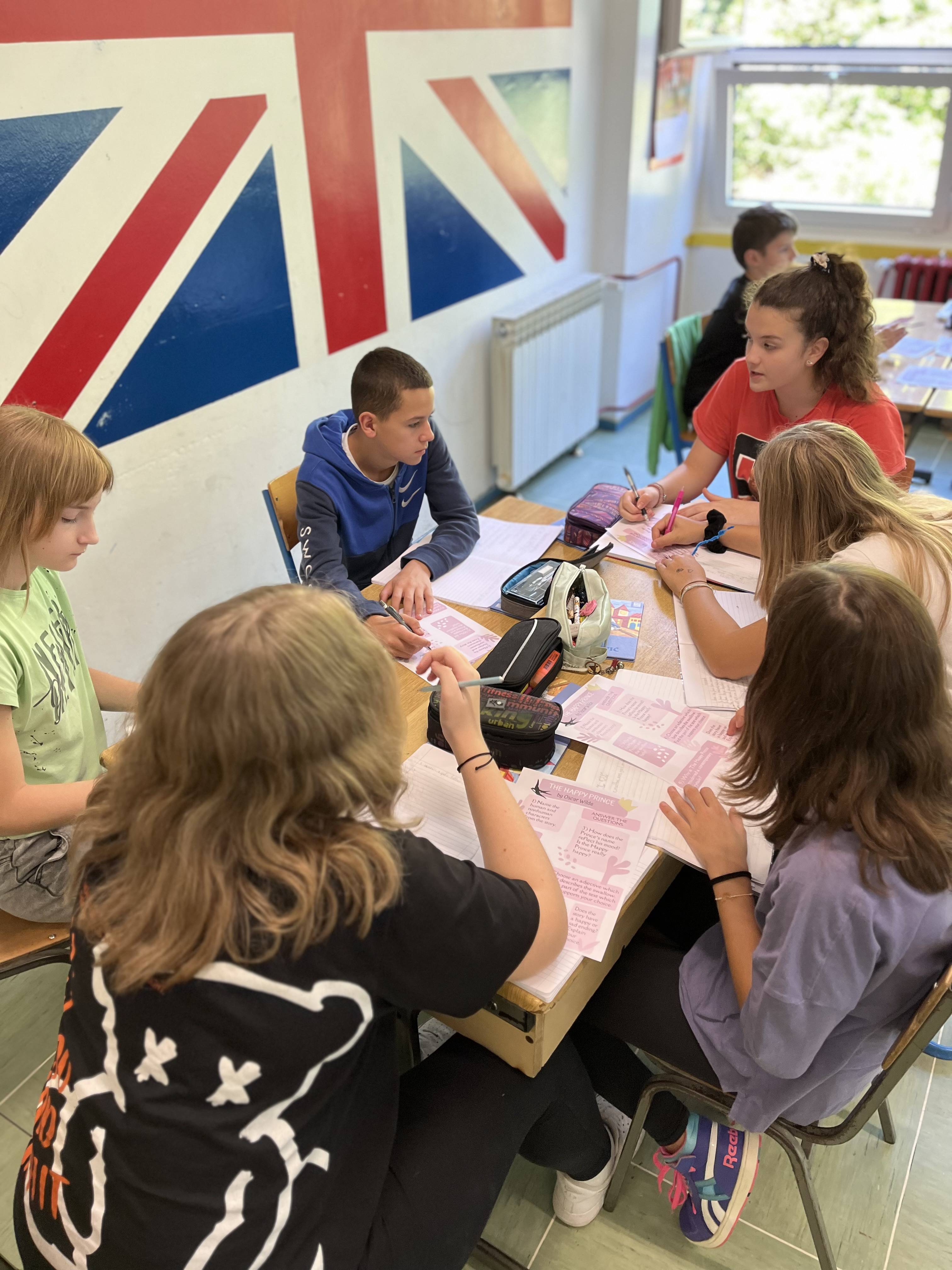 6.b
6.b